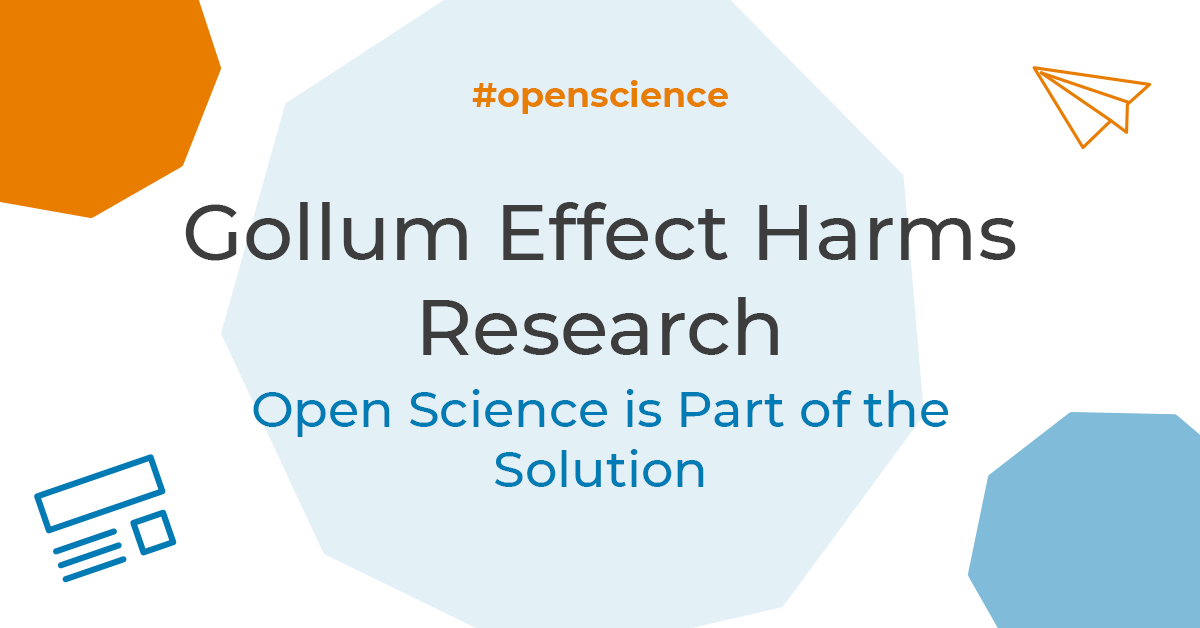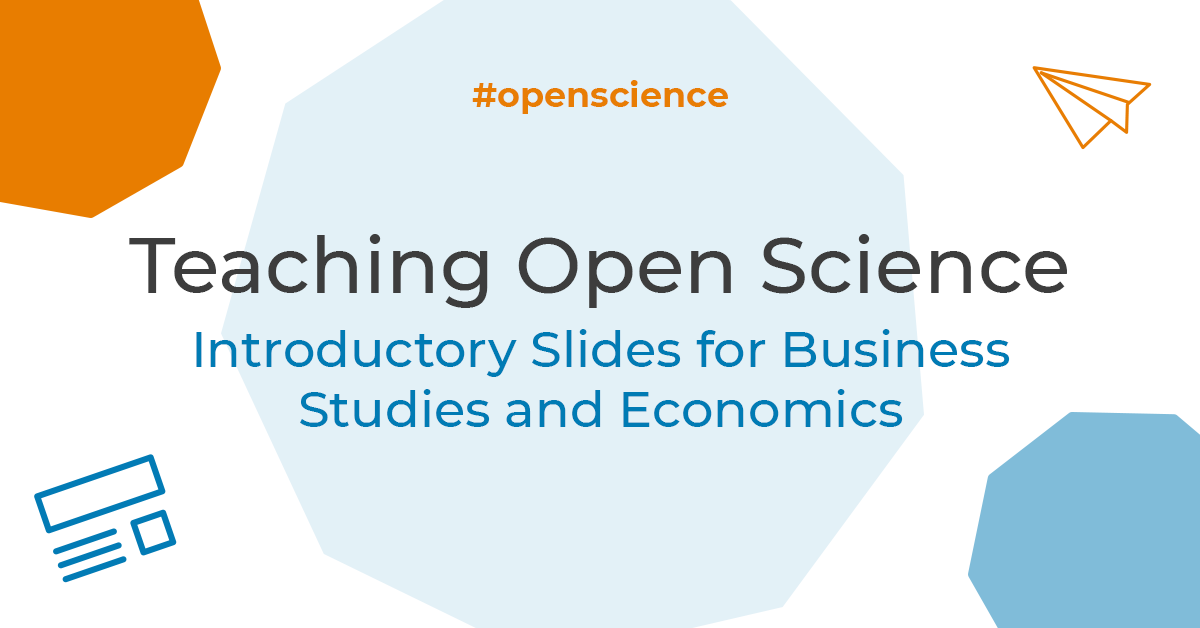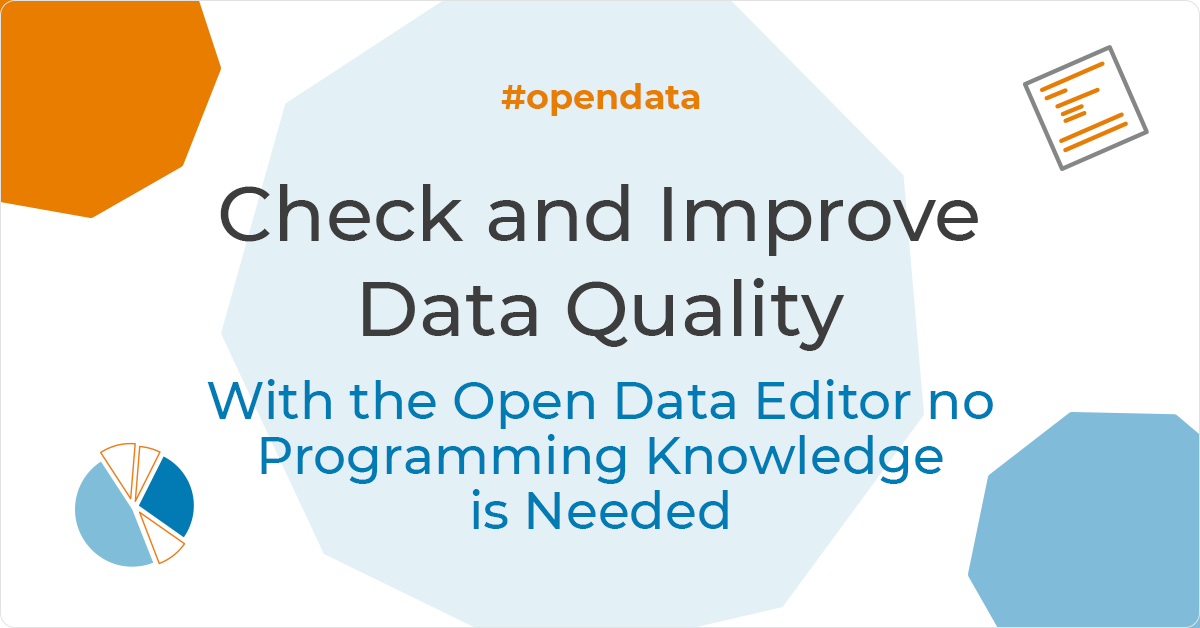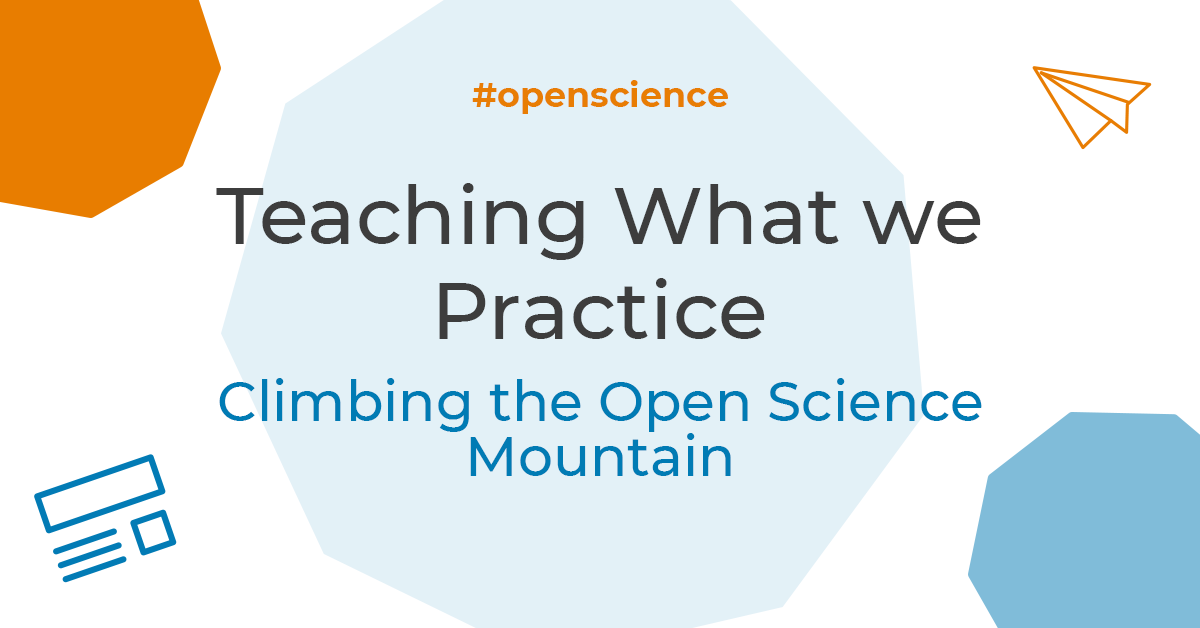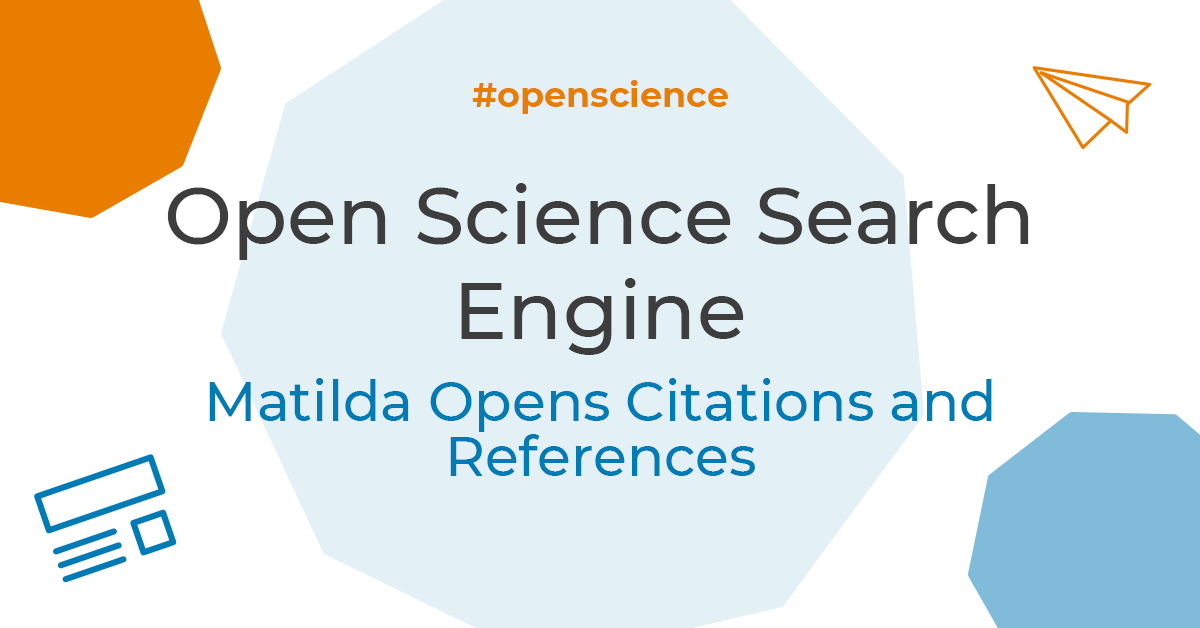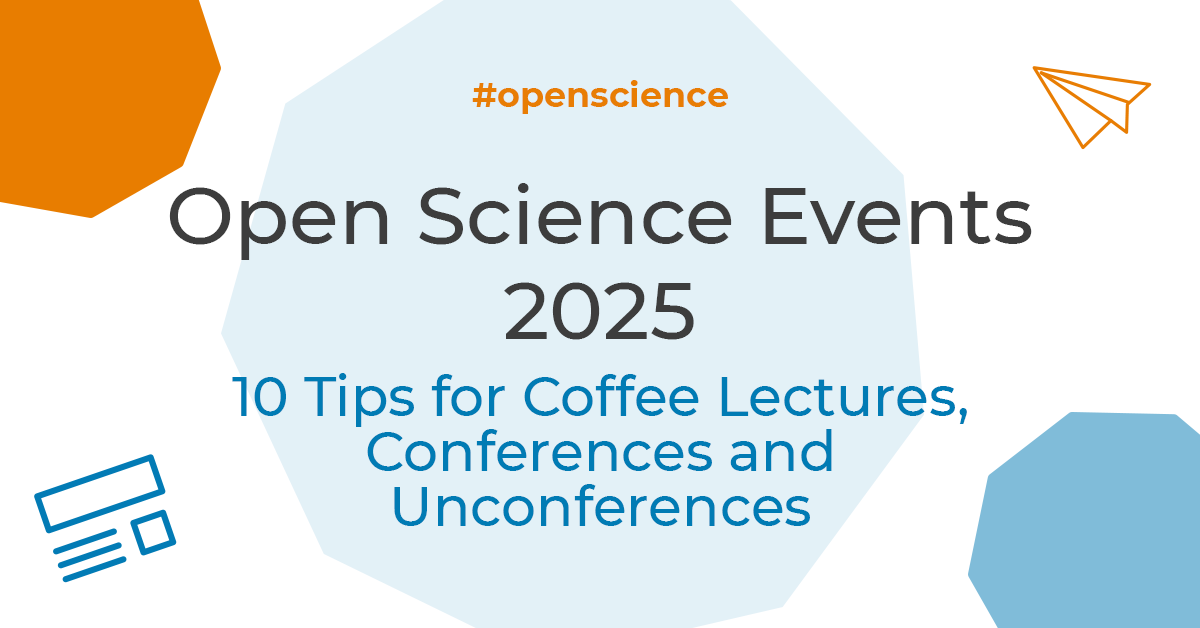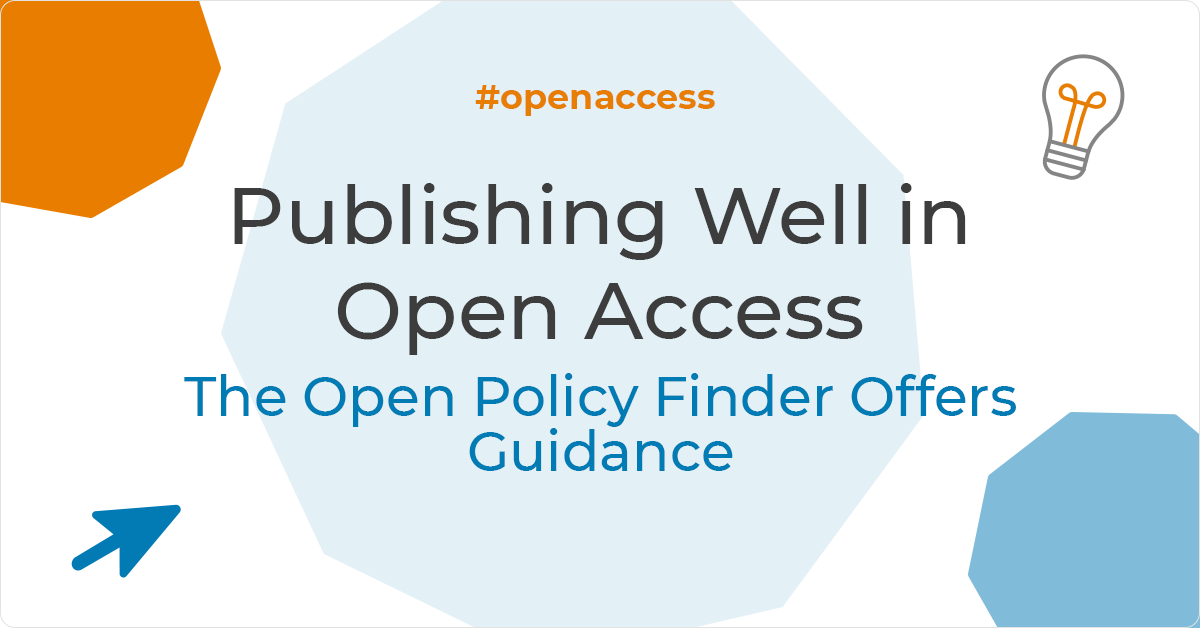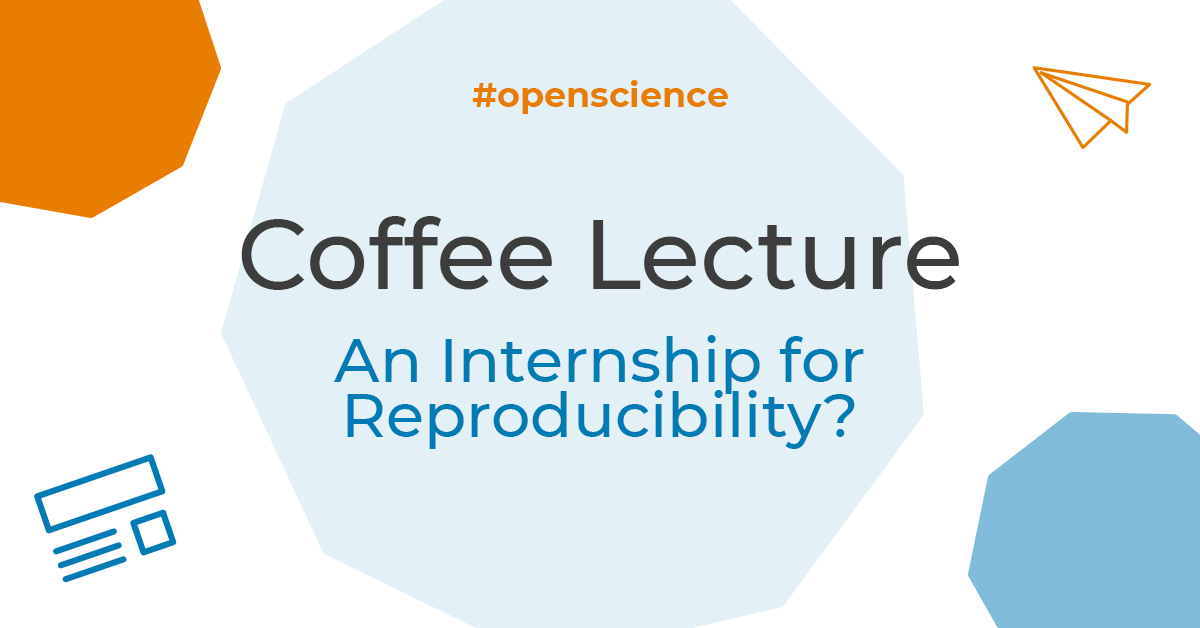Gollum Effect Harms Research: Open Science is Part of the Solution
Possessive and territorial behaviours among researchers, which hinder collaboration and the free flow of information and thus scientific progress, are referred to as the Gollum effect. Such behaviour includes, for example, a reluctance to share data, methods, research topics or even research areas. A new study looked at the Gollum effect and also investigated what could help to mitigate it. Collaboration and knowledge sharing are generally considered to be cornerstones of scientific progress. The recently published study ‘Systemic territoriality in academia: The Gollum effect’s impact on scientific research and careers’ addresses an important obstacle to collaboration and thus to scientific […]
